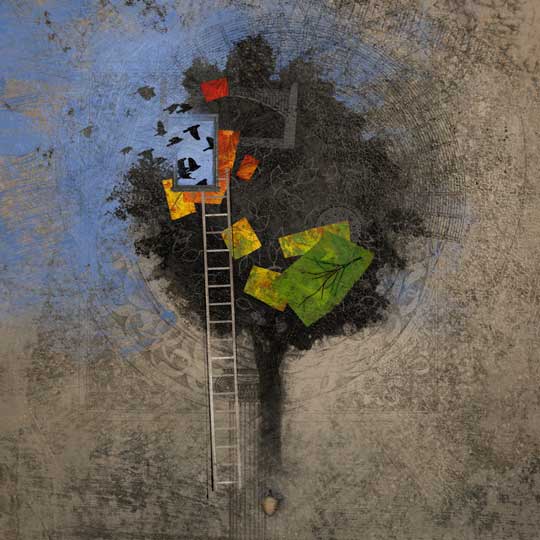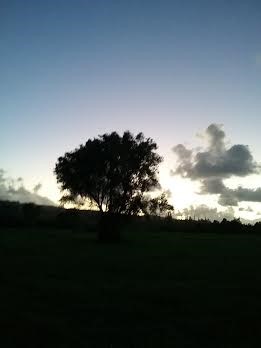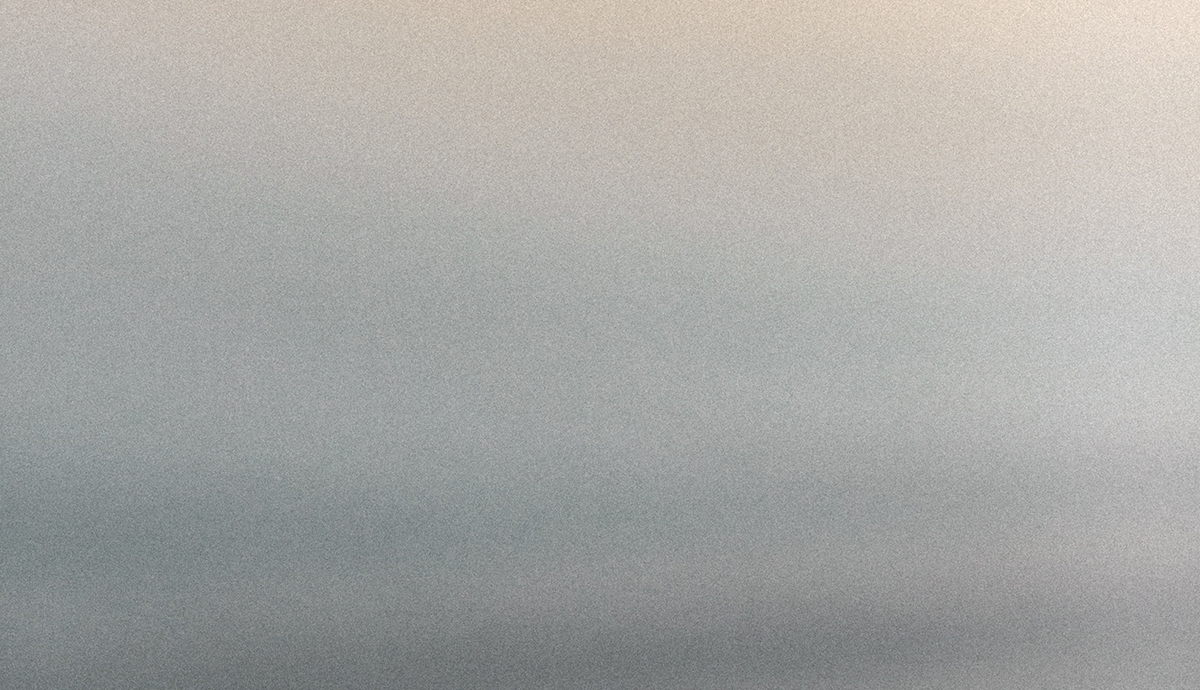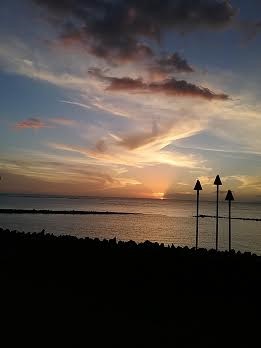Taking Sanctuary on the Island of Aloneness

Writing is a form of contemplation—Thomas Merton
There is something about the islands, in my case, the northeast shore of Maui near Hana that not only physically removes you from the turmoil of daily tragedies, the newsflash of the airplane crash, the latest catastrophe of glacial ice melts, the refugees and chaos in the Middle East, the U.S. presidential candidates, and the noise of commentaries associated with the coming elections, the escalation of poverty with no end in sight, yet somehow it all seems very far away, like a burning ship fading into the horizon from where I’m seated right now.
No TV. No networks, a fuzzy connection at best to my Samsung, but other than that—I’m completely isolated.
I can’t exactly say what sort of spell comes over you, but you begin to feel a certain peace from this solitude. It takes time to slow down, to let the silence guide you.
In this hidden jewel on the island, you are treated to something that is rare in today’s world: the quiescence of nature—the sound of wind flapping in the palm fronds, pigeons cooing in the background, rain tapping the leaves like tom-toms, the screech of Maya birds, fussy couples that choose one mate for life, a love that’s loyal and admirable, a music of its own making…it tends to diminish the craziness of the world’s major headline news reported as “crisis” or “tragedy” or “alarming” or “consequential”…
By contrast, I’m reminded of Pico Iyer’s little book, The Art of Stillness: Adventures of Going Nowhere. One thing that Pico points out, while staying at a mountain retreat, is that by leaving the hustle and bustle in your rear view mirror, by not going anywhere, you may be helping to solve the world’s problems from a different approach because as you learn to be in nature, and as you accept solitude as your new friend, you see that restlessness is the root cause to most anxieties that eventually, on a global scale, lead to wars, pollution and violence.
People have a challenging time, generally speaking, of being quietly alone. Even prayers can be noisy expressions of dissatisfaction based on unfulfilled desires. The need to talk incessantly, to fill the space of emptiness with some form of busyness, whether it’s texting or social networking, these activities have become obsessions, as if all that motion defined your existence. Here, I can finally let go of the unnecessary luggage that occupied my mind.
Perhaps this is what the Buddha meant by sunyata (emptiness)? In other words, solitude creates a kind of composure of the heart.
Of course, these teachings have been preached from the beginning of time whether articulated through Buddhism, the Four Noble Truths and the cure to suffering: the Eightfold Path, or through the teachings of Christ, which calls for a life of simplicity, but even though one may be familiar intellectually with the idea of quieting the mind-body at a retreat in order to find existential meaning, the Higher Self, Enlightenment, God—call it by what you will, it remains a foreign experience to most leaders-politicians-CEOs, something that would strike “men of the world” as a waste of time because for them—time is money.
I found in this small corner of the island, where there are no roads, and therefore no cars, no fumes, and no signs of human activity—a taste of timelessness. Nature, for a change, dominates. I’m surrounded by the diversity of trees for hundreds of years, mostly guava bush, ginger, plumeria and palms, but we have also enjoyed giving back to the land by planting papaya, banana, orange and avocado trees. And I am grateful to these trees for providing such delightful fruit in return.
Tonight, dear reader, you will envy me! I am seated at Monsoon, an Indian restaurant at the edge of the sea on the west side of Maui. A fisherman is tossing his net over the black volcanic rocks. The sea is shining under a raspberry sun. The waiter walks out to light torches on the lawn, and beyond the sea is the island of Lanai. A storm is brewing from the west, and colorful lights begin to flicker as night comes on with its half moon hat tilting towards the shoreline.
For the first time in a long time, I’ve come to enjoy my own company. And even though I could share this experience with friends, I prefer to be alone. I’m learning the art of solitude.
True, it can get a tad lonely, but I believe it’s important to be alone, when possible, to find that quiet sanctuary within. As commanded at the Delphic oracle: Know thyself.
For me, it’s a simple moment of watching the sea darken, a candles flickering, small waves rustling against the shore, the sound of water being poured into a glass at the table next to me… such simple, beautiful moments—make this life a heaven worth praising, and I am grateful—more grateful than I can say…
The beauty of being alone in the silence of nature is a very sacred experience.
The Virtuous Tree

It’s that time of day when evening approaches the virtuous tree in the pasture.
Seaward clouds follow the trail to the top of the mountain
where songbirds gather for the ceremony.
You are here—and the tree is there—
instructing you on the lessons of quietude.
You place each fear, every tremor in your heart,
in the tall wet grass like stones.
The mango-colored moon is an offering of some sort
pressed against the dark blue tropical night.
If you close your eyes,
you may be lucky enough to see
that which cannot fail you.
Recommended
Nor’easter
Post-Op Appointment With My Father
Cedar Valley Youth Poet Laureate | Fall 2024 Workshop






